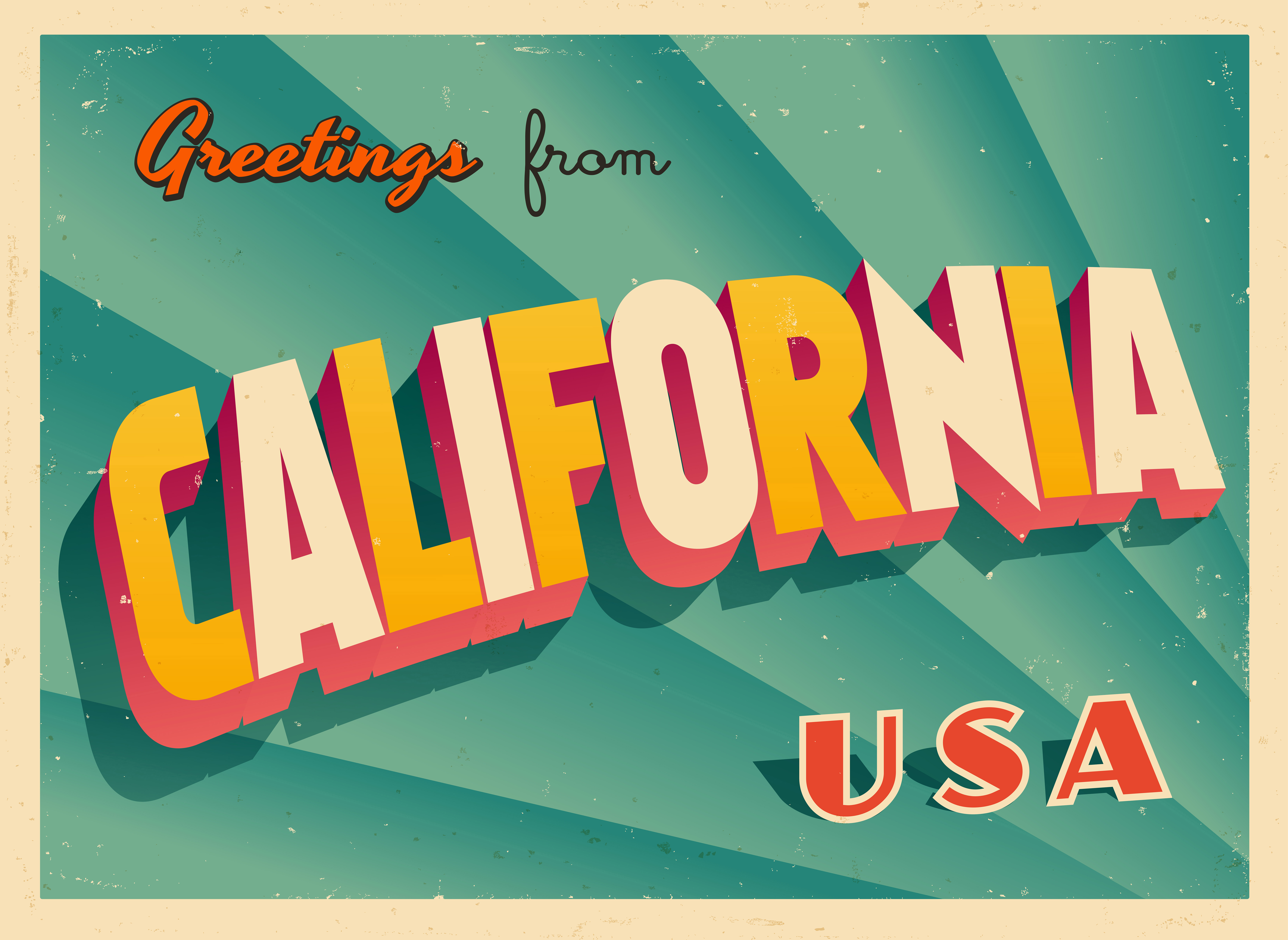Categories
2020 election Blog immigration PoliticsFourteen Democratic presidential hopefuls are meeting in San Francisco this weekend for the California Democratic Party’s annual convention, underscoring the state’s potential importance in the presidential primary calendar and highlighting key issues already dominating the campaign trail.
In 2020, California’s primary is slated for March 3, also known as Super Tuesday. It joins 13 other states holding primaries that day. The decision to move the primary from June to March was aimed at boosting the state’s influence in choosing presidential candidates. In previous years, the Democratic candidate had already emerged by the time California’s primary arrived, despite it having the largest group of Electoral College votes as well as being one of the most diverse states in the country, according to CNN reports.
California’s new date will follow key primary states such as Iowa, New Hampshire, Nevada and South Carolina, which have February primaries. It’s the fifth time the state has moved its primary since 1992.
The move, according to Los Angeles Mayor Eric Garcetti, offers California voters an opportunity to put key issues at the forefront and ask candidates what they will do specifically for the state. In an interview with NPR, Garcetti said immigration is a top priority for California residents, along with climate change, affordable housing and infrastructure.
The focus on immigration in California is no surprise. Immigrants “account for more than a third of the state’s civilian, non-government workforce; more than two-thirds of its agricultural workers,” according to a Los Angeles Times report. Immigrants also make up the majority of housekeepers and sewing-machine operators in the state.
Yet, despite the issue’s importance, and President Trump’s near-constant chatter about the need for a border wall, many candidates have avoided talking about immigration. Instead, they’ve focused their speeches and policy plans on health care and the economy.
Of the 23 Democrats running for president, only two — former HUD secretary and mayor of San Antonio Julian Castro and former Texas representative Beto O’Rourke — have proposed a detailed immigration plan. The Investigative Reporting Workshop put together a list detailing the voting records, past statements and future policy plans all the currently declared candidates would enact if elected in 2020.
It’s not yet clear how — or if — an early California primary will affect each candidate. But some experts say it could benefit those with greater financial backing and ability, because of the high cost of campaigning in the state. Most candidates reach voters via paid political ads.
Still, for the throng of 2020 candidates, the potential shift in the state’s primary influence means reaffirming their positions on immigration policy and distancing themselves from the current administration’s rhetoric toward immigrants and those arriving at the border.
For other immigration news and updates, check out the Workshop’s interactive timeline that tracks policy changes under the Trump administration.





